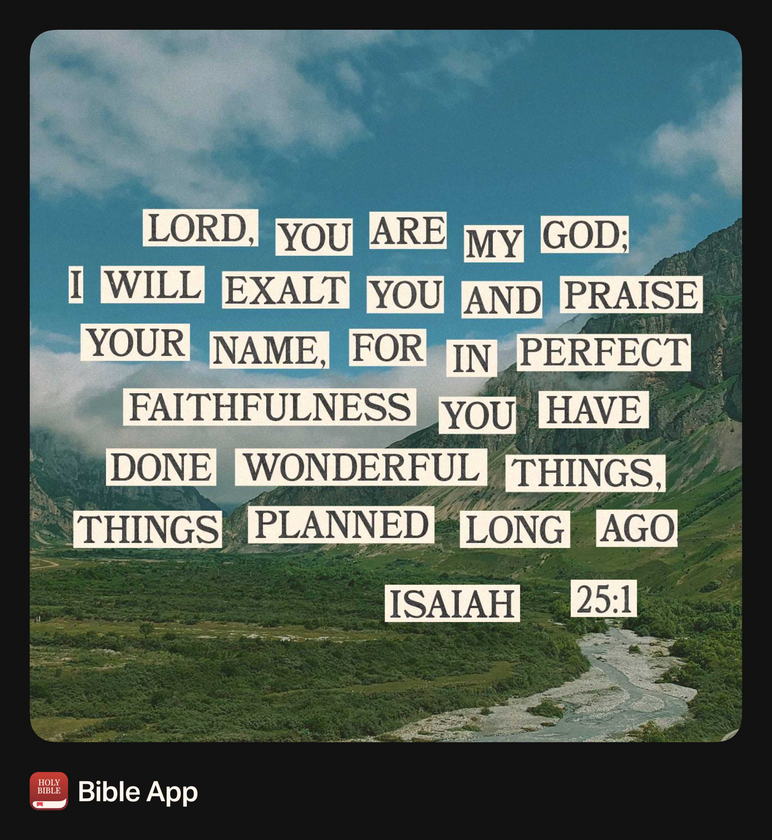I will share about Christian books I have read or listened to.
I will be sharing about my life before and after Christ. I will include stories about my pet and other pets I have encountered.
What It Takes to Thrive
In both gardening and spiritual terms, planting and harvesting are exciting seasons. Planting is the start of an adventure, and harvesting is the product of hard work. It’s easy to celebrate new beginnings and hard-earned completions—but one thing that’s not as much fun?
The pruning process.
Who wants to acknowledge what’s dead and unproductive in their lives? Who wants to trim back what’s already blooming—leaving you smaller, awkward, and feeling extra weak?
But pruning is exactly what we need to keep producing fruit.
“He cuts off every branch in me that bears no fruit, while every branch that does bear fruit he prunes so that it will be even more fruitful.”
John 15:2 NIV
Jesus mentions two separate actions in this process—cutting off what’s dead and pruning fruit.
Cutting out what’s dead makes sense. It’s extra weight, it’s unproductive, it’s blocking sunlight, and it’s stealing good energy from branches that could thrive. But without proper context, pruning fruit feels backwards.
However, the purpose of pruning isn’t to disable something, but to revitalize it.
If a branch is weak or diseased, it could not only damage itself, but the surrounding trees as well. Without pruning, both the tree and the life surrounding it can never reach full potential.
Pruning creates room for more growth.
Pruning stimulates production.
Pruning keeps the plant or person strong.
God is a good Gardener. He wouldn’t be a good Gardener if He left you to yourself—overgrown, ineffective, and full of dysfunction. But He cares for those He loves. He cuts off what’s dead for your benefit. He lovingly trims back ineffective things in your life to make way for more fruit.
You can trust God with your life because He cares about who you are and who you can become.
So what “dead branches” are you dragging around? Is it possible that God is pruning you for future growth? Take a few moments and talk to God about any areas in your life that you recognize need to change.
“Then Peter opened his mouth, and said, Of a truth I perceive that God is no respecter of persons: but in every nation he that feareth him, and worketh righteousness, is accepted with him. The word which God sent unto the children of Israel, preaching peace by Jesus Christ: (he is Lord of all:) that word, I say, ye know, which was published throughout all Judæa, and began from Galilee, after the baptism which John preached; how God anointed Jesus of Nazareth with the Holy Ghost and with power: who went about doing good, and healing all that were oppressed of the devil; for God was with him. And we are witnesses of all things which he did both in the land of the Jews, and in Jerusalem; whom they slew and hanged on a tree: him God raised up the third day, and shewed him openly; not to all the people, but unto witnesses chosen before of God, even to us, who did eat and drink with him after he rose from the dead. And he commanded us to preach unto the people, and to testify that it is he ...















